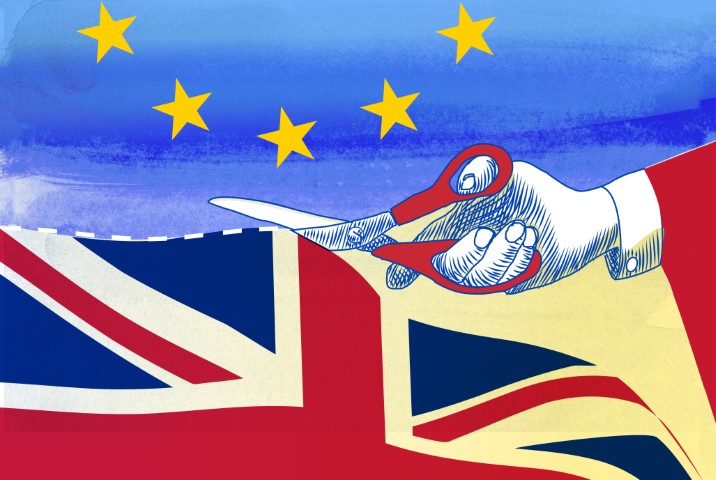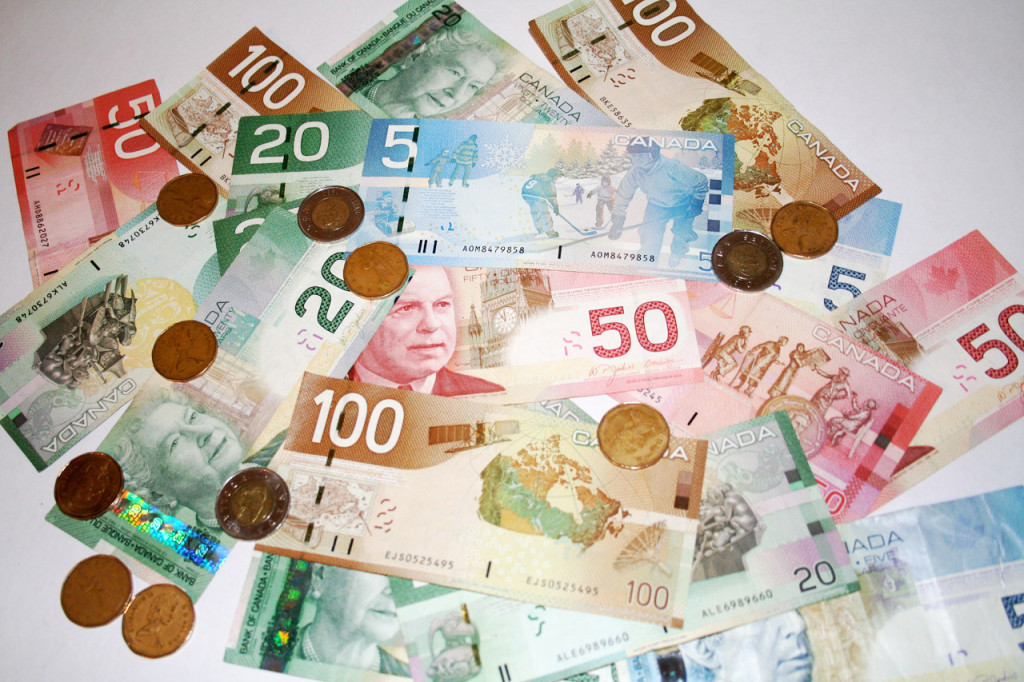
The UK is finally out of the European Union
By Craig Allan, Staff Writer
On January 31 at 11 am London time, the United Kingdom officially said goodbye to the EU after years of struggling to do so. There were celebrations in the UK, including a display of Big Ben on the Prime Minister’s residence (10 Downing Street) to ring in an independent UK. This was due to the actual Big Ben being under renovation.
The UK joined the EU in 1973, back when it was called the European Economic Community. But, as the assembly of countries grew from a trade union to political and economic union, Britain began to feel like its grasp on its independence was being lost. This would lead the UK down the path that would end with them making one of the biggest political decisions of the 2010s.
In 2016, Conservative British Prime Minister David Cameron decided to put to bed the question of whether Britain should be in the EU once and for all with a referendum. Cameron would prove to be too confident of the outcome, as Britain voted 52 percent to 48 percent in favour of leaving the EU. After such, the Brexit car was in motion.
There were many supposed reasons that led to the UK leaving the EU—including nationalism and populism—but the point was that Britain made its choice and would leave the EU under the guide of a new PM, seeing how Cameron resigned immediately after the final results were read.
With Cameron gone, it would be Theresa May that would get the keys to the Kingdom. Looking to consolidate power, May decided to hold an election to get a majority under her regime (she was appointed PM and not elected). This would backfire on her though, as May would win the election—but with a minority government. This lead her to needing to align with other parties, relying on them to get her Brexit vote through. May would eventually craft a deal with the EU, but the deal was so reviled that even her own party members wouldn’t vote for it. May’s government was now stuck in a quagmire. They were determined to see Brexit through, but they could not get parliament to vote on the bill. As the date to leave kept being moved back again and again, May saw no way out. On May 24, 2019 almost two years after gaining the position, May was forced to resign.
With British politics in shambles, it was clear that Britain was going to need a determined leader to push through the nation’s Brexit dreams. That leader would be Boris Johnson.
Johnson was mayor of London from 2008 to 2016, leaving the office a month before the Brexit vote. He was educated in one of the best boarding schools in the country. Like May before him, appointed Johnson decided to call an election to consolidate power too—but, unlike May, he would be incredibly successful. The British public, growing tired of the constant delays of Brexit, voted Johnson’s Conservatives in with a strong majority. This included many ridings that had voted for the opposition Labour Party for decades. After the election, Johnson said to the first time Conservative voters “You may only have lent us your vote, you may not think of yourself as a natural Tory… Your hand may have quivered over the ballot paper before you put your cross in the Conservative box, and you may intend to return to Labour next time round, and if that’s the case, I am humbled that you put your trust in me.”
There is still so much work to be done though, because even though Britain has left the EU, it will still abide by EU customs laws until new deals can be crafted and voted on. Many other links will need to be severed and negotiated to reflect the new relationship between Britain and the EU. The end of the year is when the transition period expires.
Johnson is hoping that Britain can get the same kind of trade deal that the EU has with Canada. It is not likely due to the fact of Canada and the EU do not have a large trading relationship in general.
In the end, leaving the Union is just the beginning of Britain’s EU uncoupling.


